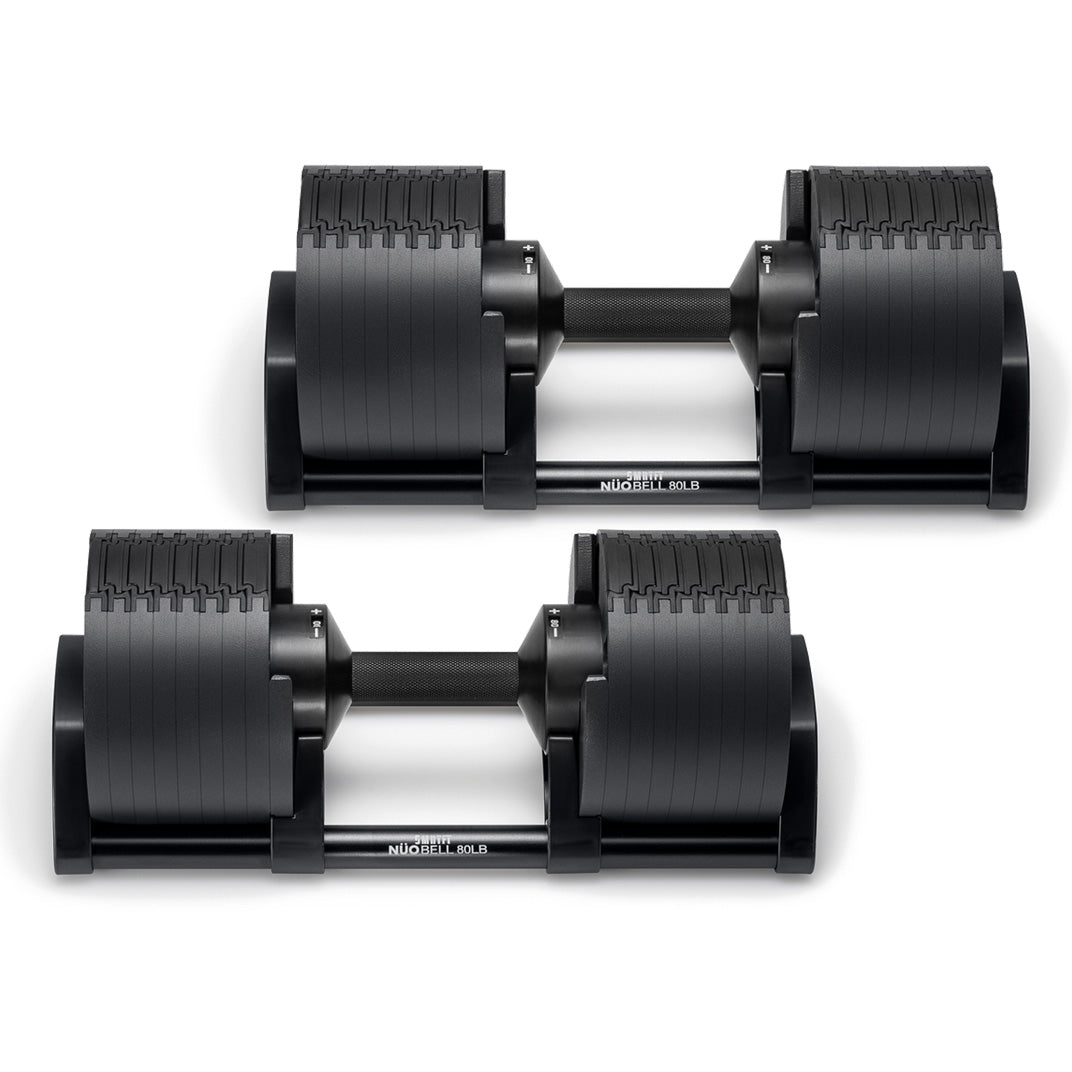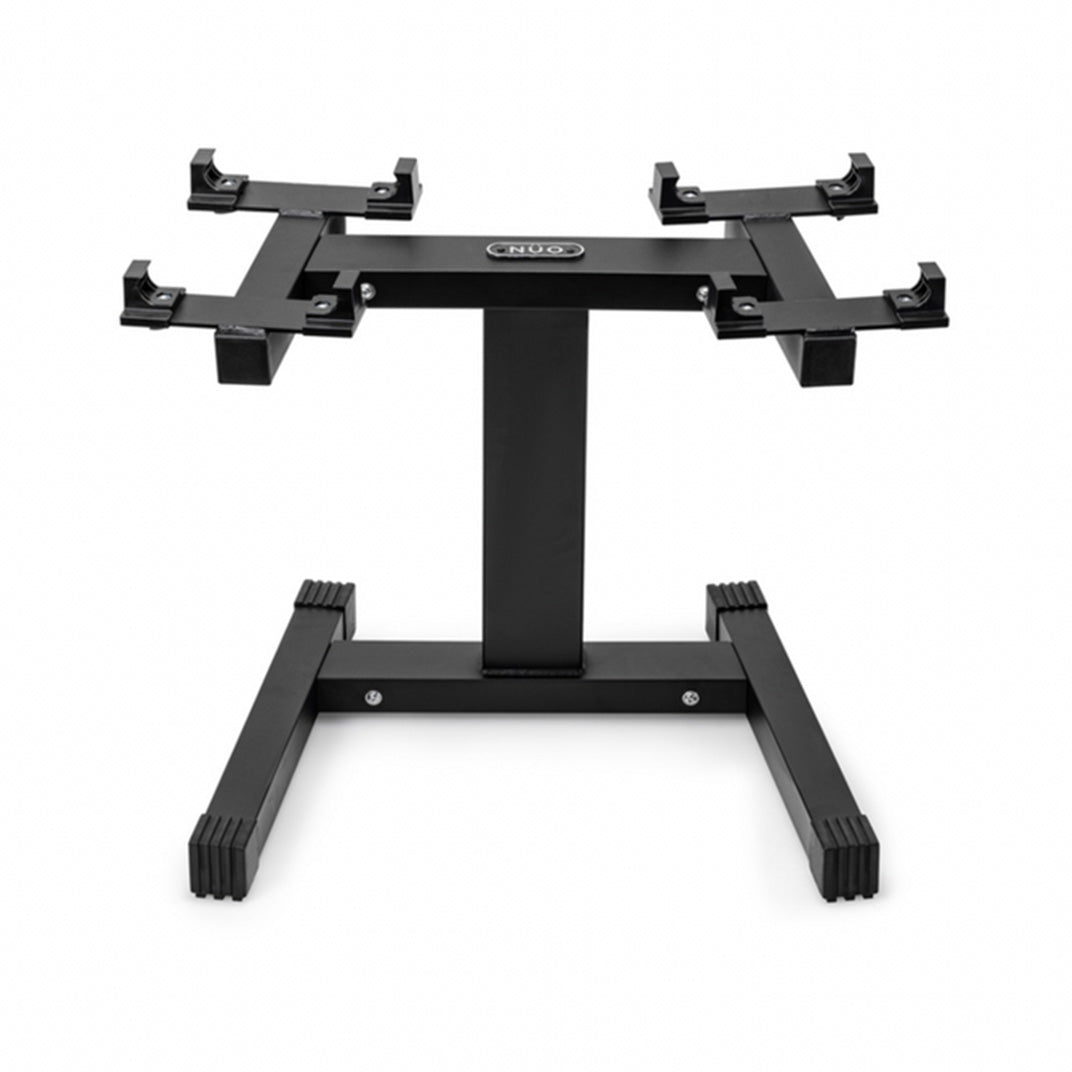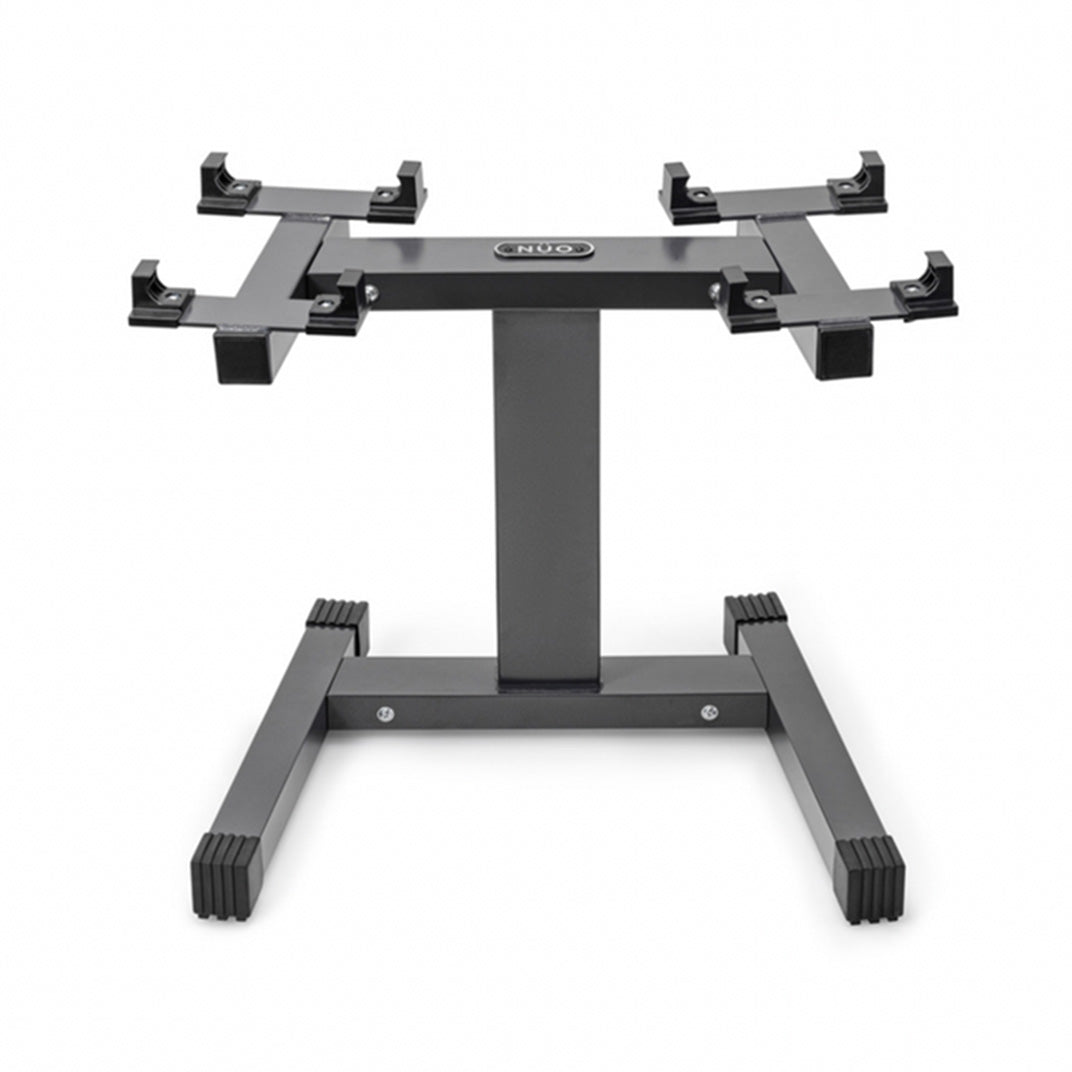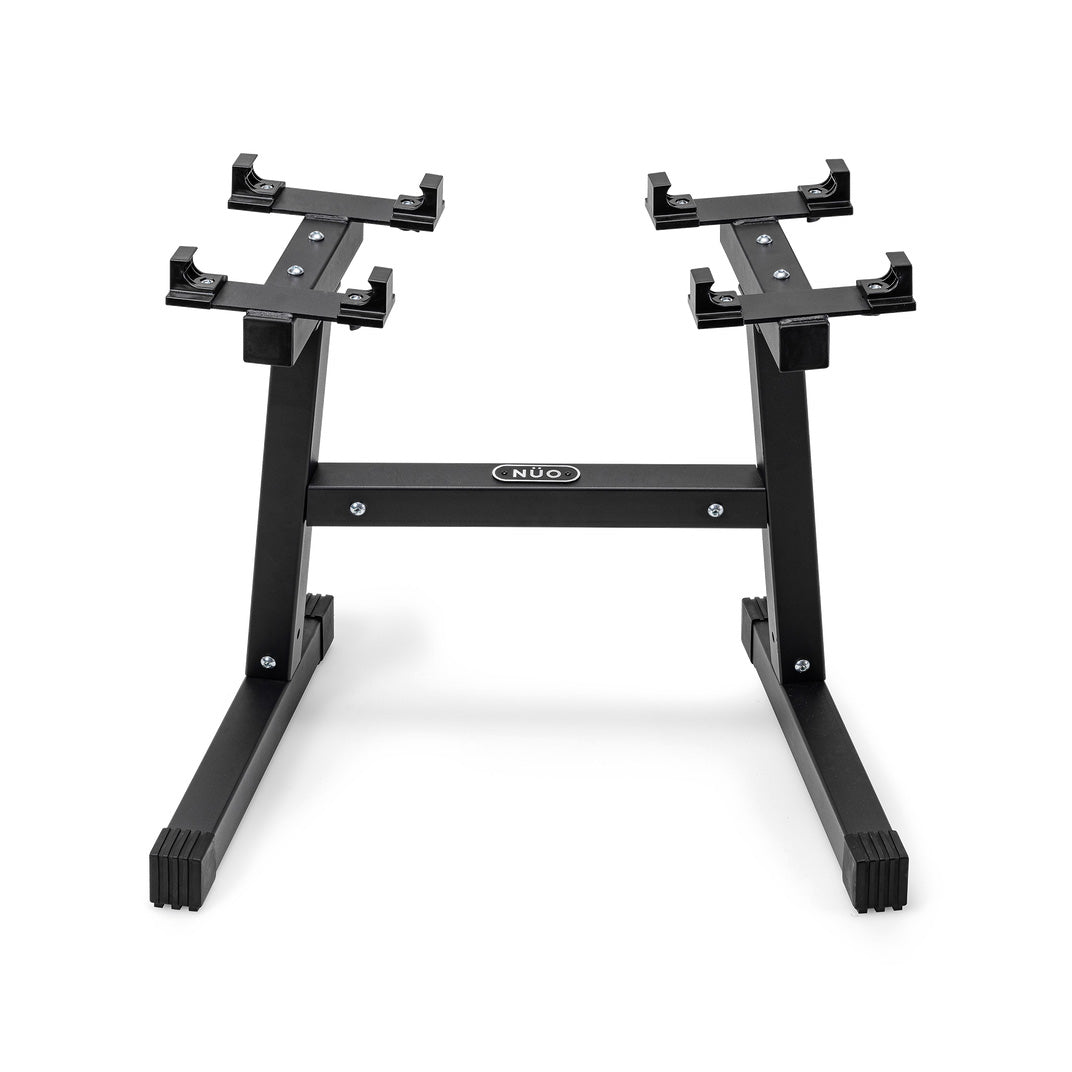by Dezi Abeyta, RD | SMRTFT Dietitian Writer
Your sleep almost certainly feels off right now. There’s a reason for that. Every fall, mornings get darker, nights stretch longer, and even when you're training hard, it all just feels heavier.
It’s your body fighting the time change. Your internal clock, or circadian rhythm, runs off light cues. Less daylight and inconsistent sleep start can derail your recovery. The result? You wake up groggy, workouts drag, and that low-level (and ongoing) fatigue lingers. And sure, you can ignore it, but that only makes it work.
The Science of Sleep Debt
This is about sleep debt. Think of it as the little bits of sleep you quietly lose. Thirty minutes here, forty-five there, and your recovery (and performance) are torched. Studies on athletes show that consistent sleep restriction can lower reaction time, coordination, and power output, almost as much as total sleep deprivation.
When you're under-recovered, glycogen stores refill slower, cortisol runs higher, and HRV drops. A 2021 review in Frontiers in Sports and Active Living linked chronic sleep loss to reduced training adaptation, higher injury risk, and weaker immune defense. The bright side: You can fix this easily.

Know the Schedule!
We all experience this twice a year (unless you're in Arizona, like me). When clocks shift, your body doesn't automatically adjust. Melatonin, the hormone that tells you it's time to sleep, kicks in later. Meanwhile, cortisol, which drives morning alertness, shows up early or not at all.
You can’t willpower your way through this, though. Research shows that late training and bright evening light delay sleep onset and lower HRV in athletes.
The Fall Sleep Solution
Here's the move: treat the time change like a mini training block for your sleep. Small adjustments stack up.
1. Keep wake-up time the same every day, even weekends.
2. Get sunlight within 30 minutes of waking up.
3. Cut caffeine after 2 PM.
4. Dim lights an hour before bed, or use warm lamps instead of overheads.
5. If you're dragging, take a 20–30 minute nap daily, no longer.
6. Add a magnesium-rich snack before bed (almonds, pumpkin seeds, or tart cherry juice).
Fact is: Your body doesn't care about the clock. It cares about the rhythm of light vs. dark. Thinking of sleep as the foundation for recovery, helps you understand that like any training program, there's periodizing (or seasons).
So during this season, stop trying to fight the fatigue. The earlier you reset, the quicker your system adapts, and the better you'll perform when everyone else is dragging. Because you can't train harder until you learn how to rest smarter.











